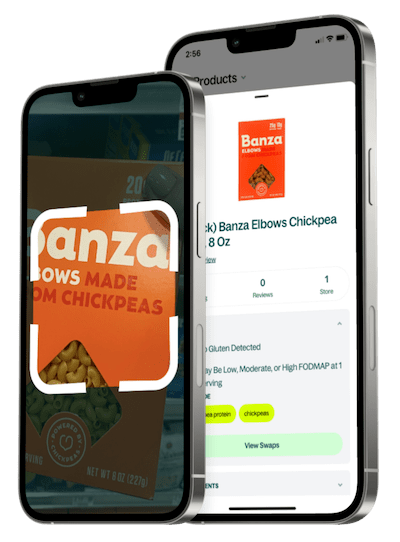Is Ottogi Jin Ramen Spicy Vegan?


Ingredients
Wheat flour, modified tapioca starch, palm oil, salt, wheat gluten, sugar, garlic*, red pepper seasoning* (red pepper, garlic, salt, soy sauce [soybean, wheat], onion), soy sauce seasoning* [soy sauce (soybean, wheat), onion, yeast extract, glucose], hydrolyzed soybean and wheat protein, monosodium glutamate, dried Chinese cabbage, soy sauce* (soybean, wheat), emulsified oil (oligosaccharide, soybean oil, tocopherol, lecithin, mono- and diglycerides), textured wheat protein (wheat, soybean), glucose, yeast seasoning* (salt, dextrin, yeast extract, sugar), dried carrot, dried green onion, yeast extract (wheat, soybean, gluten), roasted rice, acidity regulators (sodium carbonate, potassium carbonate, sodium tripolyphosphate, sodium acid pyrophosphate), chili extract* (chili extract, glucose), black pepper, red pepper*, dried mushroom, disodium inosinate, disodium guanylate, kelp extract* (kelp, salt, glucose), dried red pepper, chili extract, malic acid, green tea extract, riboflavin (color). Contains wheat, soybean. Produced in a facility that also uses milk, eggs, fish, crustacean shellfish, tree nuts, peanuts, and sesame.
What is a Vegan diet?
A vegan diet excludes all animal-derived foods, including meat, poultry, fish, dairy, eggs, and honey. It focuses on plant-based sources such as fruits, vegetables, grains, legumes, nuts, and seeds. Many people choose veganism for ethical, environmental, or health reasons. When well-planned, it provides sufficient protein, fiber, and antioxidants, though supplementation or fortified foods may be needed for nutrients like vitamin B12, iron, and omega-3 fatty acids. Vegan diets are associated with lower risks of heart disease and improved digestion but require mindfulness to ensure balanced and complete nutrition.


